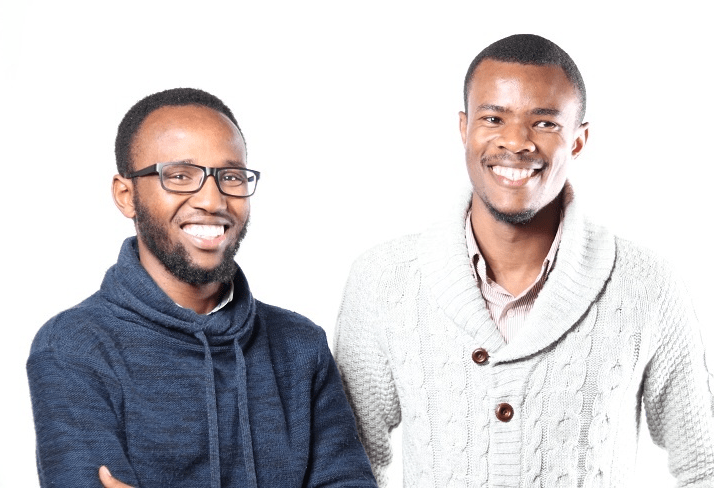Africa’s fast-moving consumer goods (FMCG) market has grown exponentially in recent years, thanks to the continent’s rapidly-growing population and spending power.
With its most recent fundraise, Kenyan B2B player Marketforce has cemented its place both as a leading retail distributor of FMCGs, and as a financial services provider for the merchants that sell them.
“According to the African Development Bank, 22% of Africa’s working-age population are starting businesses. This is the highest entrepreneurship rate in the world, says co-founder and CEO Tesh Mbaabu. “A large portion of these merchants are informal businesses that need the kind of support that we provide, to grow.”
Y-Combinator alum Marketforce made history last week when it announced the close of a $40 million Series A round – one of the largest on record for Africa. Lagos, Nigeria-based V8 Capital Partners led the raise.
“This is an important achievement because it shows the maturity of the African tech ecosystem,” Mbaabu tells AFN.
“It’s only the beginning. I expect to see more African founders accessing capital from African VCs, to solve African problems.”
Ken Njoroge, co-founder of Kenyan fintech company Cellulant, also took part in the round and has joined the Marketforce board as chairman.
Other new investors joining the round included Ten13 VC, SOSV Select Fund, VU Venture Partners, Vastly Valuable Ventures, and Uncovered Fund. Existing investors such as Reflect Ventures, Greenhouse Capital, Century Oak Capital, and Remapped Ventures also participated.
The financing comprises equal amounts debt and equity. “We took some debt because we feel that our business and model is mature enough to absorb non-dilutive funding, to finance lending and some working capital requirements,” Mbaabu says.
Founded by Mbaabu and Mesongo Sibuti in 2018, Marketforce today operates in Kenya, Nigeria, Rwanda, Uganda, and Tanzania. Its flagship ‘super app,’ RejaReja, facilitates payment and next-day delivery for goods. The startup has also introduced a ‘buy now, pay later’ (BNPL) model that will allow their fast-growing merchant network to access more goods and pay for them after selling them to end consumers.
More than 100,000 merchants and 50 consumer brands trade on RejaReja, which processes around 6,000 transactions each day. Marketforce expects to grow the number of merchants on its platform to 1 million by the end of 2022.
With this latest round of funding, Marketforce plans to scale with its BNPL offering at the forefront. The focus for the team is to expand its influence in the markets it already operates in, while also providing more digital financial and banking services through its extensive merchant network. It expects to double its employee headcount to around 800 before the end of the this year.
On the supplier side, Marketforce monetizes by providing real-time market intelligence dashboards to FMCGs. It counts top consumer brands and financial service providers such as Nestle, Pepsi, Flour Mills of Nigeria, Bidco Africa, Chandaria Industries, Kapa Oil, Safaricom, Lami, and Pezesha as partners.





